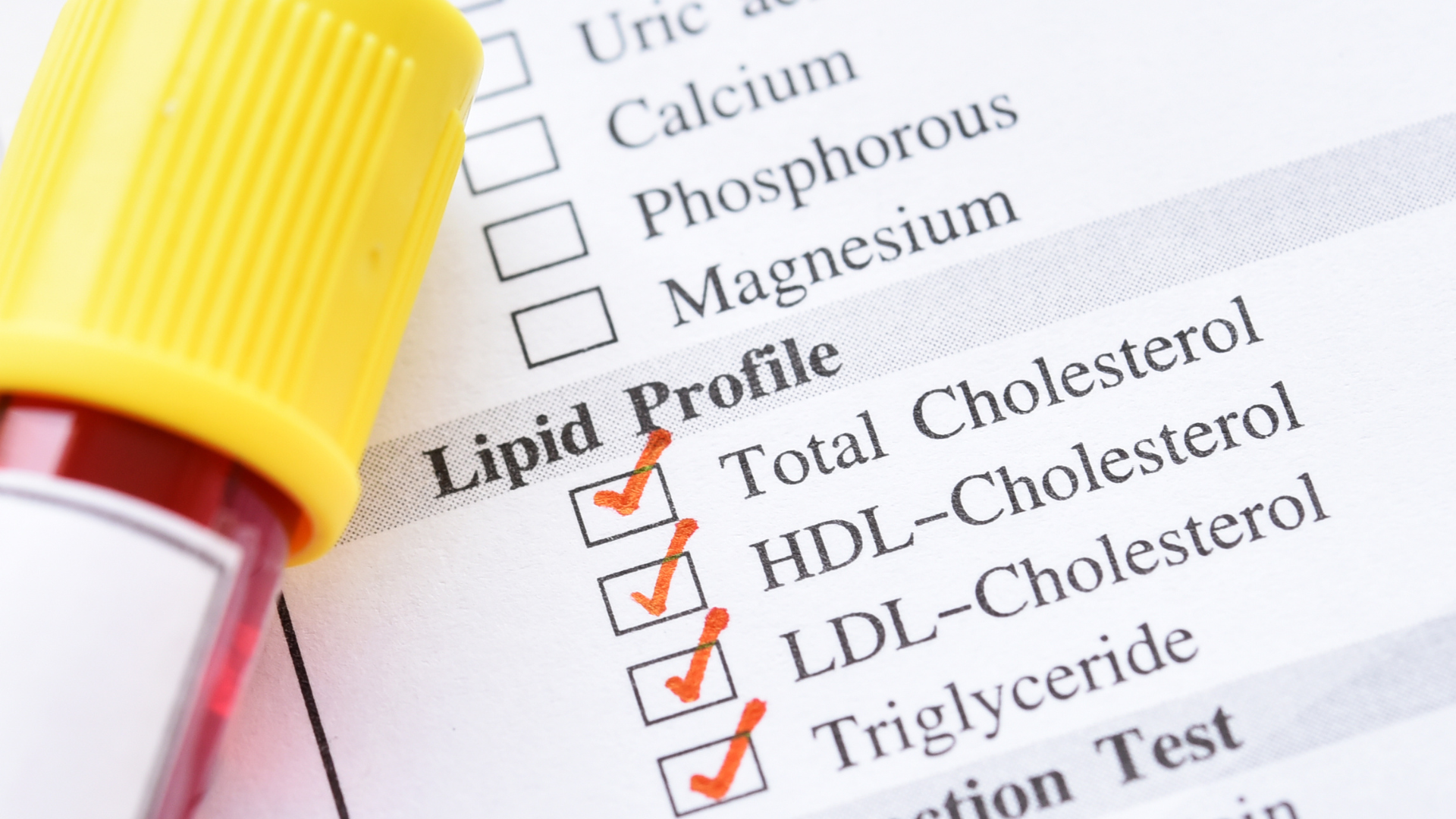Cholesterol plays a pivotal role in our body, but its complexity often leads to misconceptions about its function and the risks associated with its levels. Understanding the intricacies of cholesterol testing and the implications for cardiovascular health is essential for anyone looking to maintain or improve their heart health. This blog offers a deeper look into cholesterol types, the latest testing protocols, the significance of particle size, and innovative methods for assessing cardiovascular risk.
Understanding Cholesterol’s Role
Cholesterol is a complex group of lipids essential for various bodily functions, such as cell membrane formation and hormone synthesis. However, an imbalance in cholesterol levels can contribute to cardiovascular diseases (CVD) [1]. Here’s a breakdown of the different types and their roles [2]:
LDL (Low-Density Lipoprotein):
- Known as ‘bad’ cholesterol, these are lipoprotein carrier molecules that take cholesterol from the liver to the arteries.
- High levels can lead to plaque buildup in artery walls, leading to atherosclerosis.
- Atherosclerosis is a leading risk factor for stroke and heart attack
HDL (High-Density Lipoprotein):
- Known as ‘good’ cholesterol, HDL helps remove cholesterol from the arteries, transporting it back to the liver for excretion.
- High levels of HDL are associated with a lower risk of heart disease.
Triglycerides:
- Triglycerides are the most common type of fat in the body, used for energy.
- High levels, especially in combination with low HDL and/or high LDL can increase the risk of coronary artery disease.
Cholesterol Testing: What You Need to Know
Cholesterol testing is the first step in assessing your cardiovascular health. It’s typically recommended that adults get their cholesterol checked every 4-6 years, or more often if there are risk factors or a family history of hypercholesterolemia.
The testing involves several key indicators:
- Total Cholesterol: The overall amount of cholesterol in your blood.
- LDL Cholesterol: The main target for therapy, as high levels are linked with an increased risk of CVD.
- HDL Cholesterol: Higher levels are desirable as they are protective against heart disease.
- Triglycerides: Elevated levels can be a risk factor for CVD, especially when combined with other lipid abnormalities.
Preparing for a Cholesterol Test
To get accurate results from a cholesterol test:
- Do not change diet for at least 3 weeks prior to the test.
- Ensure you are fasting (nothing but water) for at least 12 hours beforehand.
- Avoid stressful situations as much as possible prior to testing, as stress can temporarily increase cholesterol levels.
Advanced Cholesterol Testing
Advanced cholesterol testing may be recommended for individuals at high risk of cardiovascular disease, those with unexplained early coronary artery disease, resistance to statin medications, or rapid progression of atherosclerosis even with LDL at goal levels [3]. Advanced cholesterol testing can provide a more detailed assessment of an individual’s cardiovascular risk profile beyond standard lipid panels. Some key benefits of advanced cholesterol testing include:
LDL Particle Size and Number (LDL-P):
- This test measures the size and number of LDL particles.
- Smaller, denser LDL particles are more atherogenic and can penetrate the arterial lining more easily, leading to greater risk of cardiovascular disease [4].
Apolipoproteins B and A-1:
- ApoB is the main protein in LDL and VLDL particles, while ApoA-1 is the main protein in HDL.
- Their ratio can provide additional insights into cardiovascular risk beyond just LDL and HDL cholesterol levels.
Lipoprotein(a):
- This is a genetic variant of LDL.
- High levels are associated with increased risk of coronary heart disease and stroke [5].
The Significance of Calcification
Calcium scoring via a CT scan measures the amount of calcified plaque in the arteries. This test provides predictive information about potential coronary artery disease before symptoms even arise. The higher the score, the greater the risk of a cardiovascular event [6]. Understanding the role of calcium in plaque formation is crucial for a comprehensive approach to heart health management.
Cholesterol Management Options
Managing cholesterol levels is not solely dependent on medical intervention. Lifestyle choices play a significant role:
- Diet: Incorporating healthy fats, reducing refined sugars and carbs, and increasing fiber can help manage cholesterol levels.
- Exercise: Regular physical activity can increase HDL levels and reduce triglycerides.
- Stress Management: Techniques such as meditation, yoga, and adequate sleep can help reduce stress and its impact on cholesterol.
Cholesterol testing is a vital tool in the prevention and management of cardiovascular disease. By combining traditional testing methods with advanced diagnostics and considering the impact of lifestyle factors, individuals can take proactive steps towards maintaining cardiovascular health.
Always consult with a healthcare professional to interpret test results and develop a treatment plan tailored to your personal health needs. Remember, understanding your cholesterol is the first step towards a healthier heart.
References:
-
- Biochemistry, Cholesterol – StatPearls – NCBI Bookshelf
- HDL (Good), LDL (Bad) Cholesterol and Triglycerides | American Heart Association
- Advanced Cholesterol Test: What Is This Used For?
- The Role of Advanced Lipid Testing in the Prediction of Cardiovascular Disease – PMC
- Lipoprotein (a) as a cause of cardiovascular disease: insights from epidemiology, genetics, and biology – ScienceDirect
- Calcium Score Test



